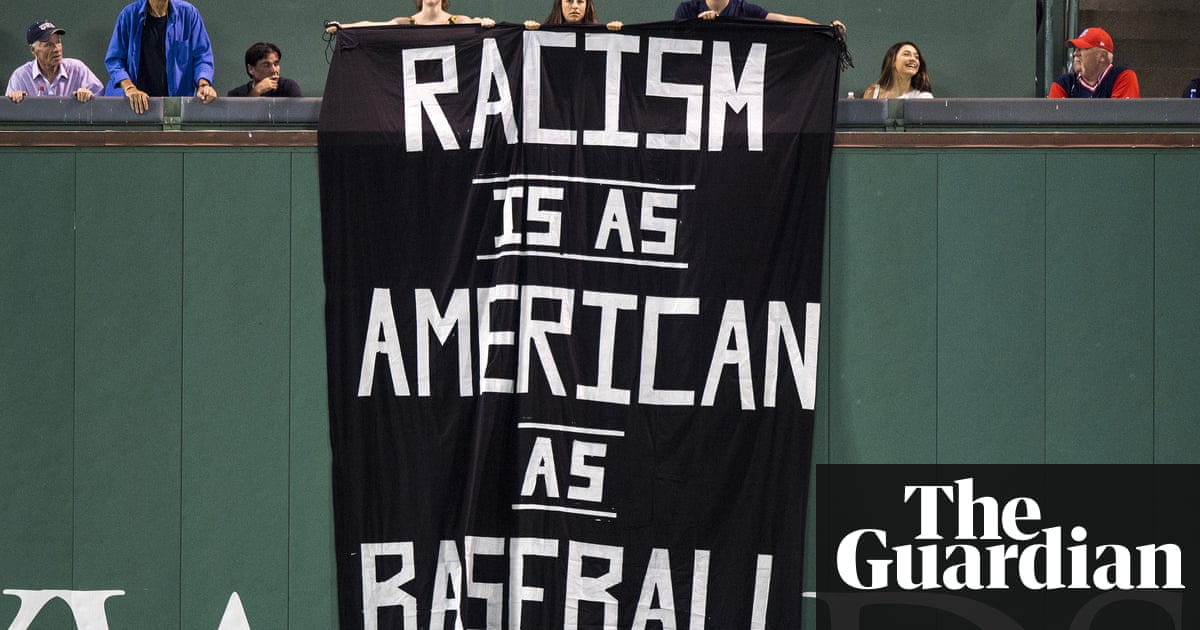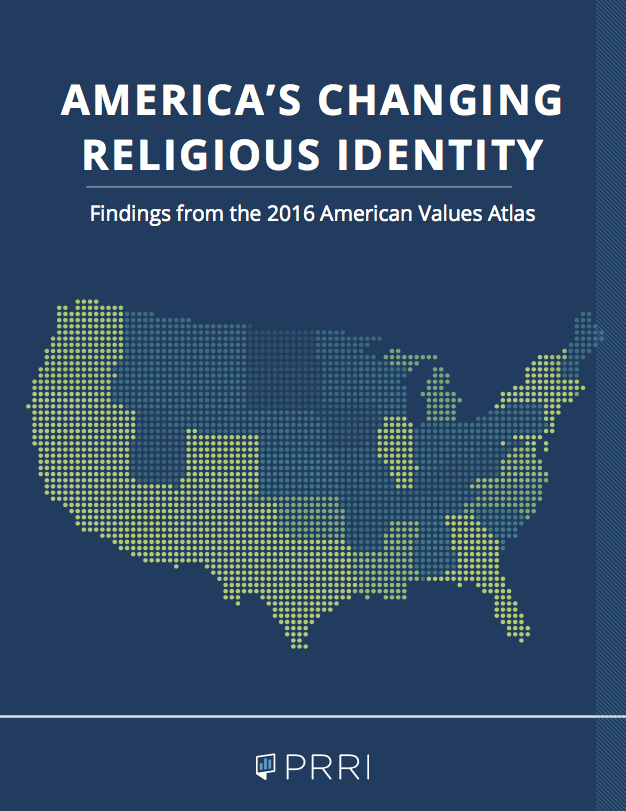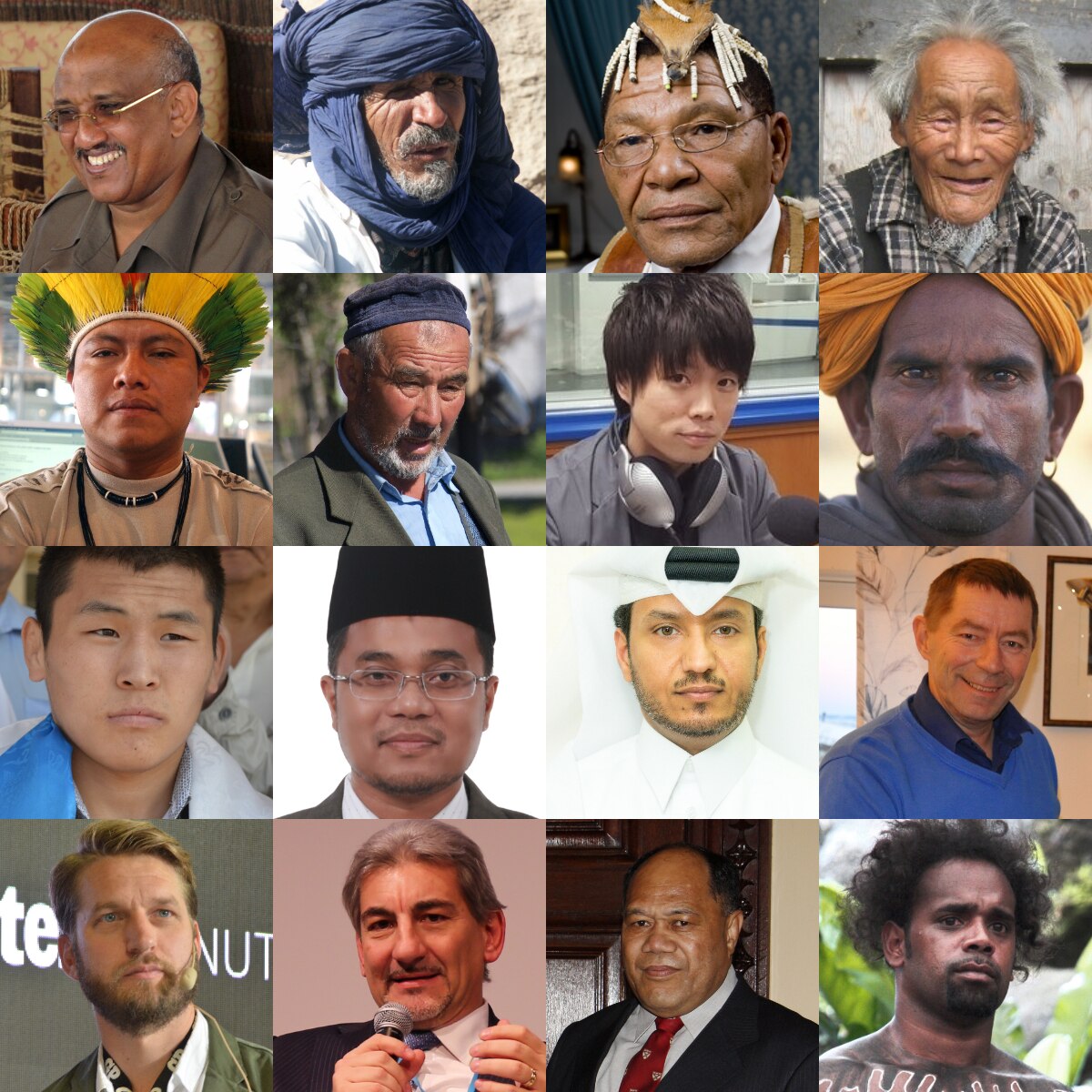 |
How Democracies Die, II
EZRA KLEIN, VOX
Steven Levitsky and Daniel Ziblatt in their new book, How Democracies Die. argue that in most modern cases, “democracies erode slowly, in barely visible steps.” They rot from the inside, poisoned by leaders who “subvert the very process that brought them to power.” ...[Thus] Trump is a symptom, not the cause, of the problems bedeviling American democracy.
----
Demagogues and authoritarians do not destroy democracies. It’s established political parties, and the choices they make when faced with demagogues and authoritarians, that decide whether democracies survive.
“2017 was the best year for conservatives in the 30 years that I’ve been here,” Senate Majority Leader Mitch McConnell said this week. “The best year on all fronts. And a lot of people were shocked because we didn’t know what we were getting with Donald Trump.
/cdn.vox-cdn.com/uploads/chorus_image/image/58561425/913154906.jpg.0.jpg) |
The best year on all fronts. Think about that for a moment. If you want to know why congressional Republicans are opening an assault on the FBI in order to protect Trump, it can be found in that comment. This was a year in which Trump undermined the press, fired the director of the FBI, cozied up to Russia, baselessly alleged he was wiretapped, threatened to jail his political opponents, publicly humiliated his attorney general for recusing himself from an investigation, repeatedly claimed massive voter fraud against him, appointed a raft of unqualified and occasionally ridiculous candidates to key positions, mishandled the aftermath of the Puerto Rico hurricane, and threatened to use antitrust and libel laws against his enemies.
And yet McConnell surveyed the tax cuts he passed and the regulations he repealed and called this not a mixed year for his political movement, not a good year for his political movement, but the best year he’d ever seen.
How Democracies Die argues that to survive, political systems need parties who place fundamental values above immediate political or policy gain. America’s democracy is currently operating without that protection.
/cdn.vox-cdn.com/uploads/chorus_asset/file/10139125/153655057.jpg.jpg) |
When democracies die, they die quietly
Levitsky and Ziblatt begin by surveying the research on how modern democracies fall. There might have been a time, they say, when liberal political systems ended in military coups and fascist takeovers, but that era has ended. What happens now is subtler and, in some ways, harder to defend against.
Democracies, in this telling, don’t die so much as they decline. The rhetoric that underlies democracy, the self-identity that is adopted by a democratic people, all that is hard to dislodge. In 2011, long after Venezuela had tumbled into authoritarianism, a majority of Venezuelans said they lived in a vibrant, thriving democracy. The genius of modern tyrants has been in realizing you don’t need to dislodge democracy; you need to co-opt it, you need to make it your own.To do this, democracy’s enemies need allies, and they find them in the traditional parties and politicians trying to absorb or appeal to their movement. Of the book’s broad lessons, this is the one of most relevance to the United States in 2018: Democracies fend off challenges when participants value the preservation of the system — its norms and ideals and values — over short-term political gain.
Those who end up being handmaidens for autocrats don’t believe that’s what they are doing. They see themselves as the canny institutionalists civilizing or neutering the system’s challengers while harnessing the outsider’s energy, appeal, and supporters for their own ends.
The classic example is the rise of Adolf Hitler, which was engineered by a coalition of conservatives who thought they could control the inexperienced chancellor. “We’ve engaged him for ourselves,” bragged Franz von Papen, an architect of the plan. “Within two months, we will have pushed [him] so far into a corner that he’ll squeal.”
In this, Hitler’s allies were reprising a common tragedy. Levitsky and Ziblatt quote Rafael Caldera, the former president of Venezuela who helped Hugo Chávez take over the political system, reflecting on his mistakes. “Nobody thought that Mr. Chávez had even the remotest chance of becoming president,” Caldera said years later.
No, they never do.
/cdn.vox-cdn.com/uploads/chorus_asset/file/8107633/GettyImages_646461580.jpg) |
America’s problems long predate Donald Trump
“Two basic norms have preserved America’s checks and balances in ways we have come to take for granted,” write Levitsky and Ziblatt. “Mutual toleration, or the understanding that competing parties accept one another as legitimate rivals, and forbearance, or the idea that politicians should exercise restraint in deploying their institutional prerogatives. These two norms undergirded American democracy for most of the twentieth century.”
That these norms are slipping into the mist is uncontroversial. By one count, there were 385 Senate filibusters between 2007 and 2012 — which is, Levitsky and Ziblatt note, equal to the number of filibusters in the seven decades between World War I and the end of the Reagan administration. The confirmation of circuit court appointments, which was over 90 percent in the 1980s, fell to about 50 percent during Barack Obama’s presidency.
In 2013, Senate Democrats curtailed the filibuster’s powers. When Justice Antonin Scalia died, Senate Majority Leader Mitch McConnell refused to even hold a hearing considering Merrick Garland, Obama’s pick to replace him.
/cdn.vox-cdn.com/uploads/chorus_asset/file/3516878/filibuster_cloture_votes.0.png)
Where How Democracies Die makes its contribution is with an unusually clear analysis of why these norms are so embattled in America.
Levitsky and Ziblatt trace a troubling thread of American history: Our democracy was built atop racism and has been repeatedly shaken in eras of racial progress. The founding compromises that birthed the country included entrenching slavery and counting African Americans as three-fifths of a person. The bloodshed required to end slavery almost ended our democracy with it — habeas corpus was suspended, a third of American states sat out the 1864 election, and the South was under military occupation.
Then in the the Civil War’s aftermath, the pursuit of equality fell before the pursuit of stability — in Reconstruction and continuing up through the mid-20th century, the Democratic and Republican parties permitted the South to construct an apartheid state atop a foundation of legal discrimination and racial terrorism, and it was in this environment that American politics saw its so-called golden era, in which the two parties worked together smoothly and routinely. Levitsky and Ziblatt tell this story well:
 |
The tale doesn’t end in the mid-20th century. The racial progress of the civil rights era led to a series of political assassinations and, shortly thereafter, to the election of Richard Nixon — who quickly caused a democratic and constitutional crisis of his own. In the aftermath of that period, little was done — and much was undone — on civil rights, and American democracy stabilized.
That is, it stabilized until the election of President Barack Obama, which led to a hard turn toward confrontation in the Republican Party, and — perhaps predictably, given this history — to the election of Donald Trump, who pairs racial resentment with a deep skepticism of both democratic process and the legitimacy of his opponents.
Making our present moment yet more combustible is a deep transformation of our political coalitions:
 |
And it doesn’t stop there:
It’s these underlying trends, they argue, that are making it harder for Americans to tolerate each other, harder for partisans on both sides to accept each other. The parties have become more distant ideologically, racially, religiously. They look over the divide and see a coalition that doesn’t look like them or think like them, that doesn’t like them, that actively fears them — indeed, a recent Pew survey found that 49 percent of Republicans, and 55 percent of Democrats, say they are “afraid” of the other party. Keep that in mind as you read this paragraph:
How Democracies Die contains quite a bit about Trump, but it is largely what we already know: Trump has authoritarian instincts — indeed, he checks every box on a test of authoritarian leaders — but thus far, he has lacked the discipline and the institutional capacity to upend American democracy.
From this perspective, the book can be read optimistically. For instance, the authors spend considerable time on the dangers of Trump’s Presidential Advisory Commission on Election Integrity, which was formed to prove that Trump actually won the popular vote and seemed to foretell new, widespread efforts to disenfranchise voters of color. But states rebelled against the commission’s requests for voter information, and the commission was recently disbanded.
I sometimes imagine the cracks in American democracy as portals to other, more illiberal, versions of America, and Trump is simply one of the first creatures to break into our America. He is not the worst creature imaginable — indeed, as I have argued before, there are ways we have been lucky with Trump...
What if, instead of a louche, undisciplined, boorish, and insulting demagogue, Trump were a smooth, calculating, strategic, and disciplined demagogue? What if it were not Trump who had won the 2016 Republican presidential nomination, but John Kelly — a four-star general who shares many of Trump’s cultural grievances and his xenophobic intuitions but could wrap himself in the flag, in the rhetoric of patriotism, in the dangers that lurk beyond our borders?
Indeed, if I had to rank the most unsettling moments of the past year, high on my list would be press secretary Sarah Huckabee Sanders’s rejoinder to a journalist who asked about a baldfaced lie Kelly had told. “If you want to get into a debate with a four-star Marine general, I think that that’s something highly inappropriate,” she said. That is how democracies die.
The fissures in American politics, the anger and fear that we feel toward each other, the cracks that demographic change are opening in our polity, all of that long predates Trump, and all of it will outlast his presidency. I’ll end this with a paragraph from Levitsky and Ziblatt that I’ve not been able to get out of my head, a paragraph that I almost wish I hadn’t read:
 |
Perhaps we will be the first. But if we have learned nothing else from this era, it should be to take seriously the possibility that we could fail. That is the challenge of our immediate future. Nothing less is at stake than American democracy itself.